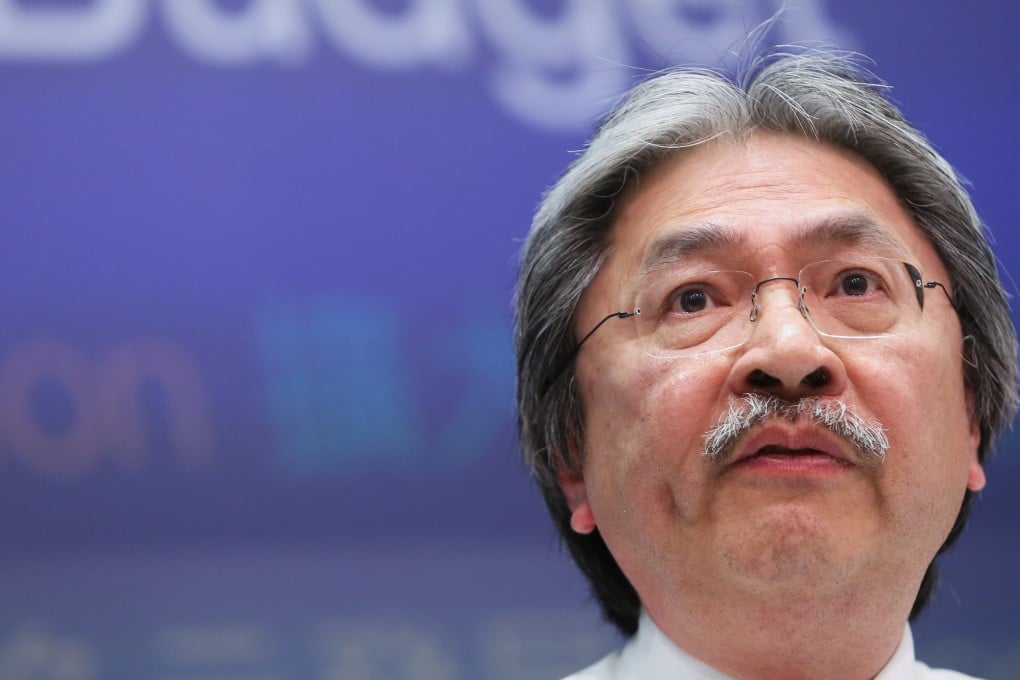Wealthy Hong Kong government's poverty of ideas for the people
Regina Ip says a lack of new thinking in the budget highlights why many remain pessimistic about the government's ability to go beyond sweeteners and create real riches

Pity Financial Secretary John Tsang Chun-wah, who must be one of the most "jinxed" financial officials in the world. Since he took over the position in 2007, he has been chalking up a fiscal surplus, even when the economy faced the toughest conditions caused by a global financial meltdown.
Every year, he has made the same embarrassing mistake of underestimating the surplus, and faced the same thankless task of figuring out how to dispose of the often embarrassingly large sum, only to be blamed by greedy politicians for not giving enough.
This year, his updated forecast for the surplus was HK$63.8 billion, almost seven times the HK$9.1 billion forecast last year. Knowing the government would be awash with funds, Tsang cancelled his usual consultation with political parties on budgetary proposals in an effort to lessen pressure to increase "handouts". Nevertheless, Tsang still managed to outperform himself in sprinkling his largesse on diverse sections of the community.
To provide relief to sectors affected by last year's Occupy movement, Tsang waived fees and charges for thousands of travel agents, hotels, guesthouses, restaurants, hawkers and commercial vehicles. He promised generous salaries and profits tax relief and rates waivers, and will pay social security recipients and the needy elderly allowances amounting to two or three times their monthly rates. Support programmes for small and medium-sized enterprises were extended or expanded. For the middle class, Tsang offered a substantial increase in the basic and additional child support allowances.
For the business and financial service sectors, he responded to long-standing requests for tax deduction for capital expenditure on the purchase of intellectual property rights, tax exemptions for private equity funds and tax concessions for multinational and mainland enterprises establishing corporate treasury centres here. These overdue concessions were welcomed by the business community.
It should be noted, however, that all the fiscal achievements were accomplished at the time when Hong Kong's economy was in fact underperforming, growing at only 2.3 per cent last year, relative to the average growth rate of 3.9 per cent in the past decade. Economists estimate that since the second quarter of 2011, domestic consumption demand (driven by mainland tourism) has outpaced external demand as Hong Kong's main driver of growth. Last year, domestic consumption was buoyed by spending by households and the government, with fixed asset formation shrinking slightly, the result of a downturn in corporate investment. Tsang's forecast growth rate for 2015 in the range of 1-3 per cent betrays his lack of confidence about the likelihood of robust growth.